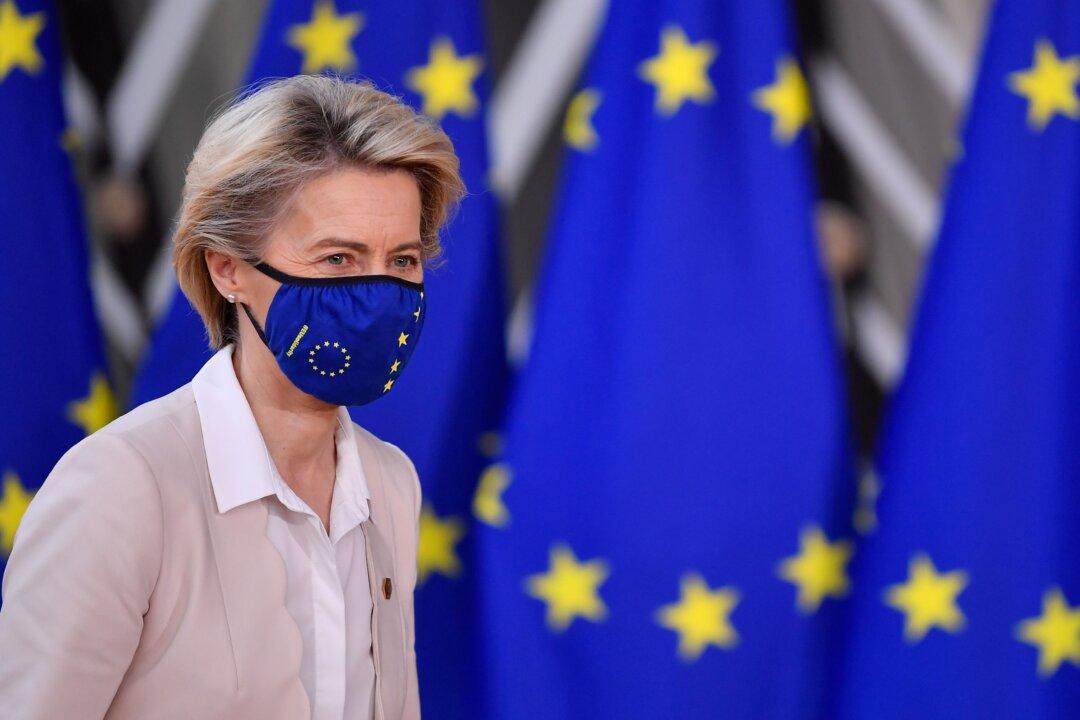The European Union set out “targeted contingency measures” on Thursday to prepare for the possible scenario of a “no-deal” Brexit, after UK and EU leaders failed to break the deadlock at a face-to-face summit in Brussels the night before.
“While the Commission will continue to do its utmost to reach a mutually beneficial agreement with the UK, there is now significant uncertainty whether a deal will be in place on Jan. 1, 2021,” the European Commission said in a statement.





